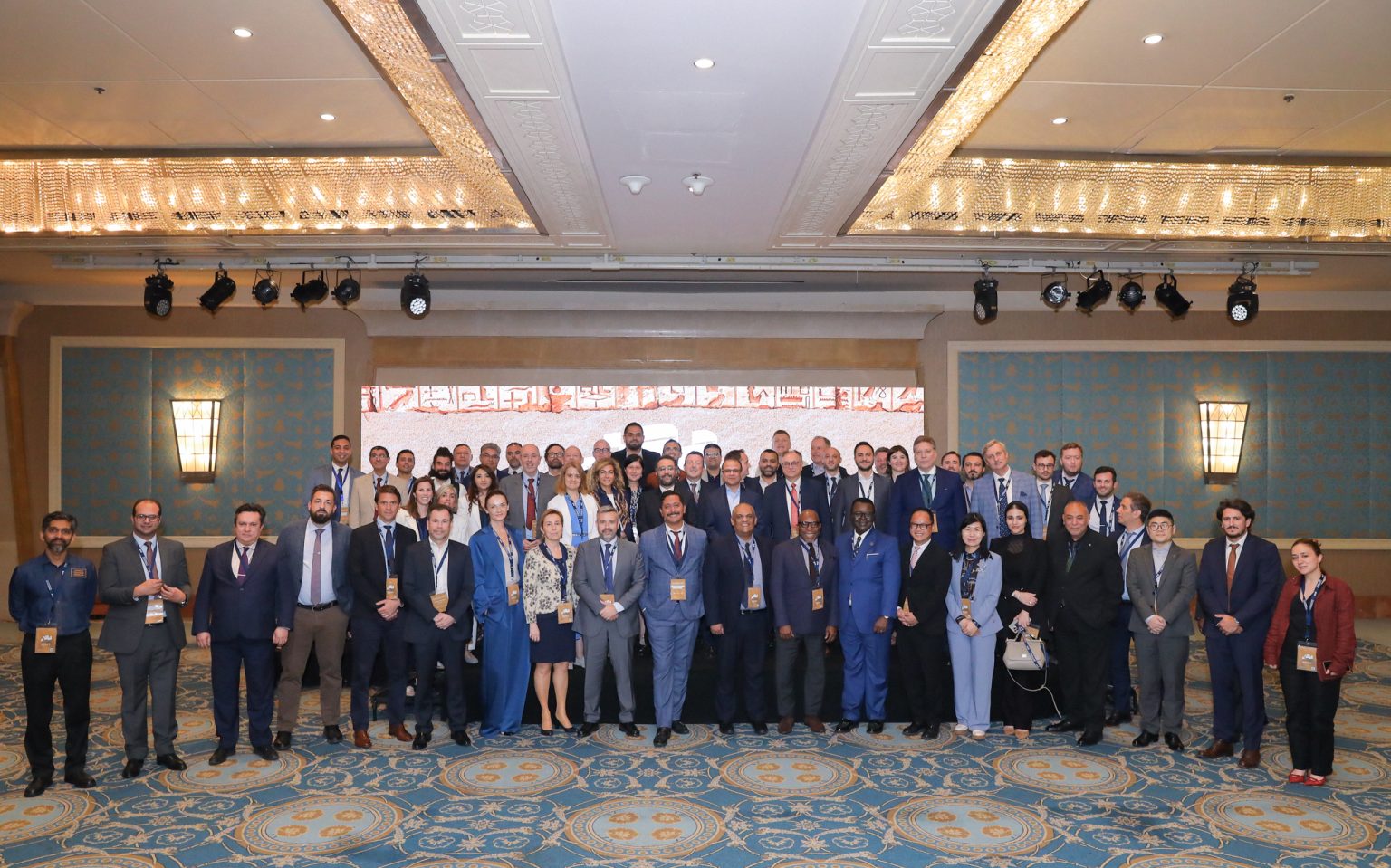
Here are a few insights I’m taking away:
– In some jurisdictions, original hard-copy documents (most commonly powers of attorney) are still required. Trusting a PDF remains a distant dream in some corners of the world.
– Egypt has four Courts of Cassation. Yes, four! Our Egyptian colleagues joked that this is why baldness hits a decade earlier there.
– In the Emirates, the nationality of the judge deciding a ship arrest application can influence the entire case. Some judges are meticulous – even visiting the port to verify the ship's presence – while others grant arrests just by reading the request’s title.
– Singapore and most jurisdictions have embraced post-COVID digitalisation – there's no longer a need to personally serve the captain with a court order. Fast, convenient, efficient. In contrast, in Abu Dhabi, lawyers in suits are still climbing aboard ships with suitcases full of paperwork.
In my view, Lithuania ranks somewhere in the middle in terms of the speed and ease of ship arrest procedures. Courts don’t require original documents, oral hearings are not held, and there's no longer a need to serve the order directly to the ship’s captain. However, the three working day processing timeframe remains a real deterrent – especially considering that ships are typically in port for just 24 to 48 hours.
I hold no illusions that one day we’ll see specialised maritime judges working 24/7. Instead, we continue to rely on judicial goodwill, that urgent arrest applications will be prioritised and handled without delay. Thankfully, this is often the case. Still, those few hours of waiting can be incredibly stressful for any lawyer involved.
